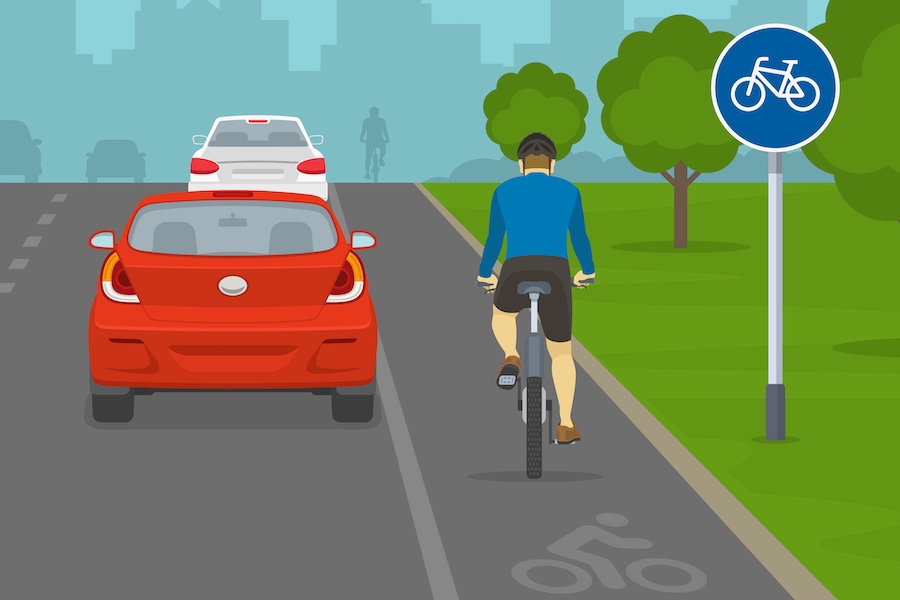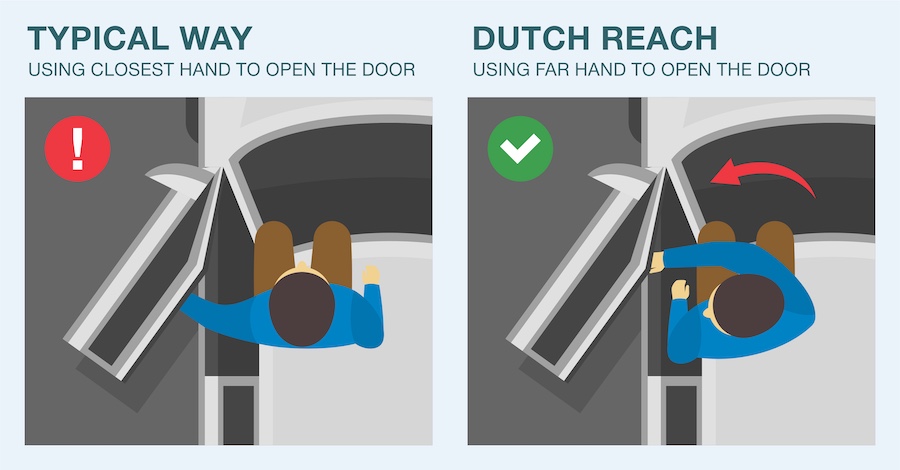Summer in New England brings a range of seasonal risks that can quickly escalate into emergencies. Due to climate change, extreme heat, severe thunderstorms, and power outages are all more frequent and dangerous. Preparing ahead of time can reduce harm and ensure that individuals, households, and communities stay safe during these events.
This article outlines key guidance from the American Red Cross on how to prepare for and respond to summer weather hazards.
Extreme Heat
Extreme heat is the leading weather-related cause of death in the United States. It is especially dangerous for older adults, infants, people with chronic illnesses, and those without access to air conditioning.
Preventive Measures
Hydration: Drink at least ¾ gallon of water daily per person. Avoid sugary, caffeinated, and alcoholic beverages. If you’re sweating heavily, supplement water with snacks or electrolyte-replacement drinks
Cooling: Air conditioning is the most effective protection. If not available at home, identify and use public cooling centers, libraries, or malls. Electric fans may not be effective once temperatures exceed the high 90s.
Clothing: Wear lightweight, light-colored, loose-fitting clothing.
Activity: Avoid strenuous outdoor activity during the hottest part of the day.
Signs of Heat-Related Illness
Heat cramps: Painful muscle spasms. Treat with hydration and rest in a cool place.
Heat exhaustion: Symptoms include heavy sweating, weakness, nausea, and dizziness. Move to a cooler area, loosen clothing, and hydrate. Seek medical attention if symptoms persist or worsen.
Heat stroke: A medical emergency. Symptoms include high body temperature (104°F+), confusion, unconsciousness, and hot, dry skin. Call 911 immediately.
Community Responsibility
Check regularly on older adults, neighbors living alone, and individuals with health conditions during heat events. Ensure pets are not left outside or in vehicles.
Power Outages
Power outages can disrupt cooling, food safety, communication, and access to medical equipment. They often occur alongside storms or extreme heat.
Preparation Steps
Emergency Kits: Maintain a Go-Kit (3 days of supplies) and a Stay-at-Home Kit (2 weeks of supplies), including food, water, medication, backup batteries, and flashlights.
Backup Power: If reliant on electrically powered medical devices, consult your physician about backup power options.
Food Safety: Use thermometers to monitor fridge and freezer temperatures. Discard perishable food if it has been above 40°F for more than two hours.
Safe Heating and Cooking: Never use generators, grills, or gas stoves indoors. Always keep them well-ventilated and outside.
During an Outage
- Use flashlights instead of candles to reduce fire risk.
- Unplug electronics to prevent surge damage.
- If your home becomes unsafe (too hot, too cold, or medically unfit), relocate to a cooling or warming center.
Thunderstorms
Thunderstorms can bring high winds, hail, flash flooding, and dangerous lightning strikes. They also frequently cause power outages and property damage.
Before the Storm
Shelter Location: Identify a sturdy building in advance. Mobile homes, tents, and outbuildings do not offer adequate protection.
Outdoor Items: Secure or bring indoors any items that could become projectiles during high winds (e.g., patio furniture, grills).
Flood Preparation: Ensure gutters and drains are clear. If your home is prone to flooding, consider a sump pump with battery backup and elevate essential utilities.
During the Storm
- Move indoors immediately when you hear thunder (“When thunder roars, go indoors”).
- Stay away from windows and avoid using electronics plugged into outlets.
- Do not bathe, shower, or wash dishes—lightning can travel through plumbing.
- Never shelter under trees. Vehicles offer some protection, but should not be your first choice.
Flood Safety
- Avoid walking or driving through flooded areas.
- Just six inches of water can cause loss of control in vehicles. “Turn Around, Don’t Drown.”
Local Resources
- Cooling Centers & Emergency Shelter: Dial 2-1-1 or visit your municipality’s website for locations and hours.
- Weather Alerts: Sign up for emergency notifications through your local government or county.
- Emergency App: Download the free Red Cross Emergency App for alerts and preparedness checklists at redcross.org/prepare.











